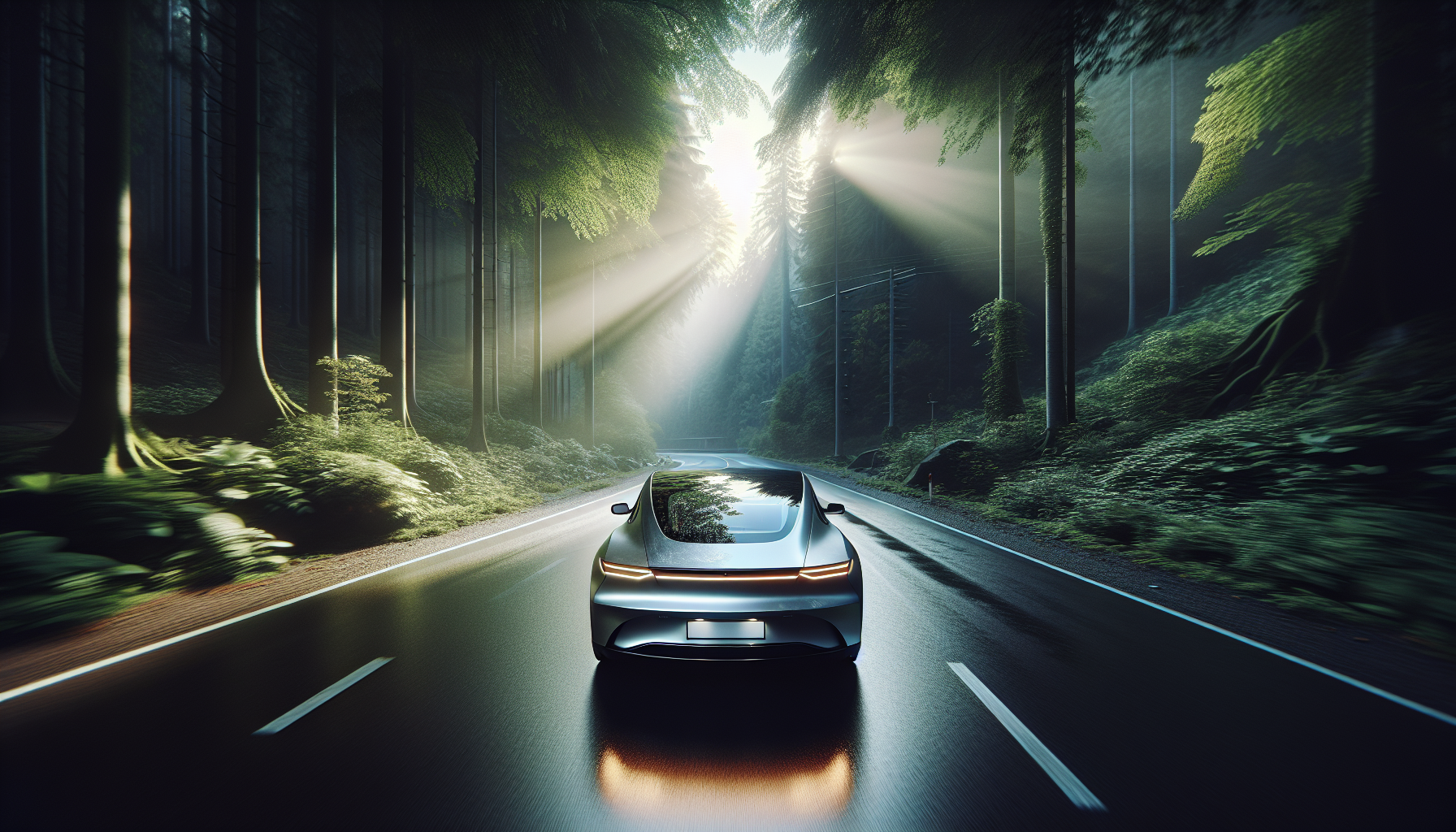- September 25, 2024
- 3:15 pm

As we move towards a more sustainable future, the automotive industry is undergoing a major transformation with the rise of electric and hybrid cars. These advanced vehicles are changing the way we think about transportation, offering eco-friendly options that help reduce emissions and promote a cleaner planet. In this article, we will explore the many advantages of electric and hybrid cars, focusing on their environmental impact, cost-efficiency, and the latest technological advancements.
The Environmental Benefits of Electric and Hybrid Cars
Reduced Carbon Footprint
Electric and hybrid cars play a vital role in lowering carbon emissions compared to traditional gasoline-powered vehicles. By relying on electric power or a combination of electric and gasoline energy, these vehicles help reduce greenhouse gases, which are a significant contributor to climate change. Electric cars produce zero tailpipe emissions, while hybrid vehicles use far less gasoline, both of which result in cleaner air and a healthier environment for future generations.
Energy Efficiency
Another major benefit of electric and hybrid cars is their energy efficiency. These vehicles are designed to maximize the use of electricity, a more sustainable energy source compared to fossil fuels. By leveraging advanced energy-efficient technologies, they help reduce energy waste, further promoting a greener way of driving. The energy recovery systems used in many electric and hybrid cars, such as regenerative braking, capture energy that would otherwise be lost, boosting overall efficiency.
The Cost-Efficiency of Electric and Hybrid Cars
Lower Operating Costs
In addition to their environmental benefits, electric and hybrid cars offer significant cost savings. Operating an electric vehicle is generally cheaper than a traditional gasoline-powered vehicle due to lower electricity prices compared to gas and reduced maintenance requirements. Electric vehicles (EVs) have fewer moving parts, meaning less wear and tear and lower repair costs. Over time, these savings can add up, making electric and hybrid cars a cost-efficient choice for many drivers.
Incentives and Tax Credits
Many governments offer incentives and tax credits to encourage the adoption of electric and hybrid vehicles. These financial benefits make eco-friendly cars more affordable, helping to offset the higher initial purchase price. From rebates on the purchase price to exemptions from certain taxes, these incentives are designed to make going green more accessible for consumers. Be sure to explore your local options to take advantage of these savings.
The Advancements in Electric Vehicle Technology
Battery Technology
One of the most significant developments in electric vehicles (EVs) is the improvement in battery technology. Modern EVs are equipped with more durable, long-lasting batteries that offer extended driving ranges and faster charging times. Concerns over “range anxiety” (the fear of running out of power mid-drive) are becoming a thing of the past as newer batteries can handle longer trips between charges. Fast-charging networks are also expanding, making electric cars a more convenient choice for everyday use.
Autonomous Driving Features
Another exciting advancement in electric and hybrid vehicles is the integration of autonomous driving technologies. These safety features include lane-keeping assistance, adaptive cruise control, and automatic emergency braking. Autonomous driving technologies not only improve driver convenience but also enhance road safety by reducing human errors. As these technologies continue to evolve, electric and hybrid vehicles are becoming even more efficient and reliable.
The Future of Electric and Hybrid Cars
Infrastructure Expansion
A critical element in the widespread adoption of electric vehicles is the expansion of charging infrastructure. Governments and private companies are investing in building more charging stations to ensure that EV owners can access charging facilities wherever they travel. As the charging network grows, it will help eliminate one of the main barriers to entry for new electric vehicle drivers—concerns about where and when they can recharge.
Market Trends
The growing demand for electric and hybrid vehicles is transforming the automotive industry. As more consumers seek sustainable and cost-effective transportation solutions, automakers are ramping up their production of electric and hybrid models. With continuous technological advancements and increasing market availability, electric and hybrid cars are quickly becoming the go-to option for drivers who want to reduce their environmental footprint without sacrificing performance or convenience.


